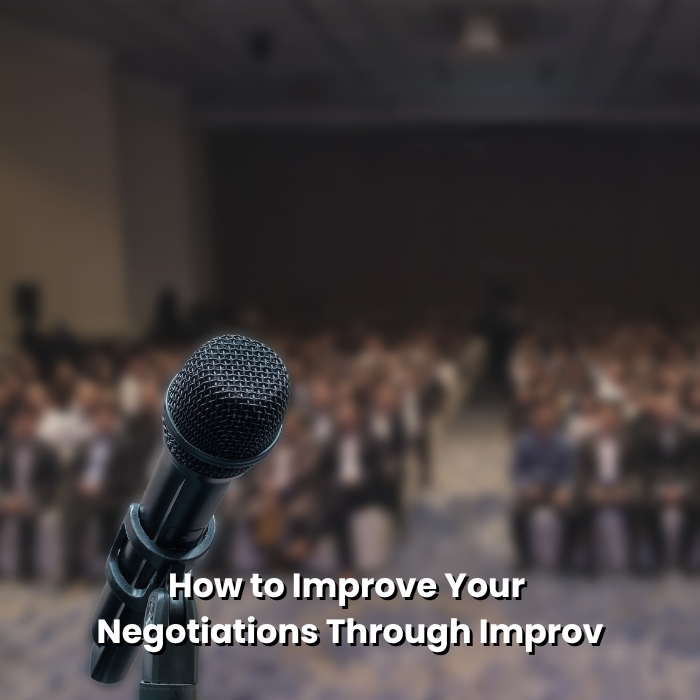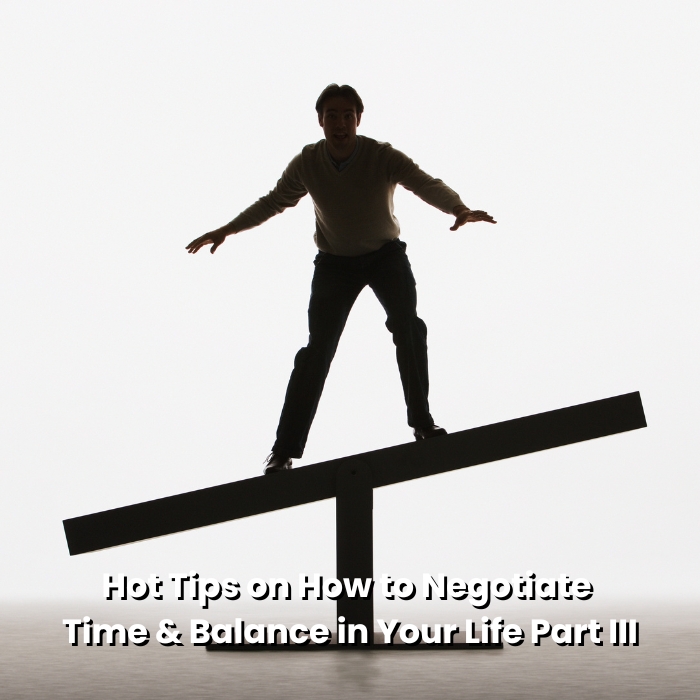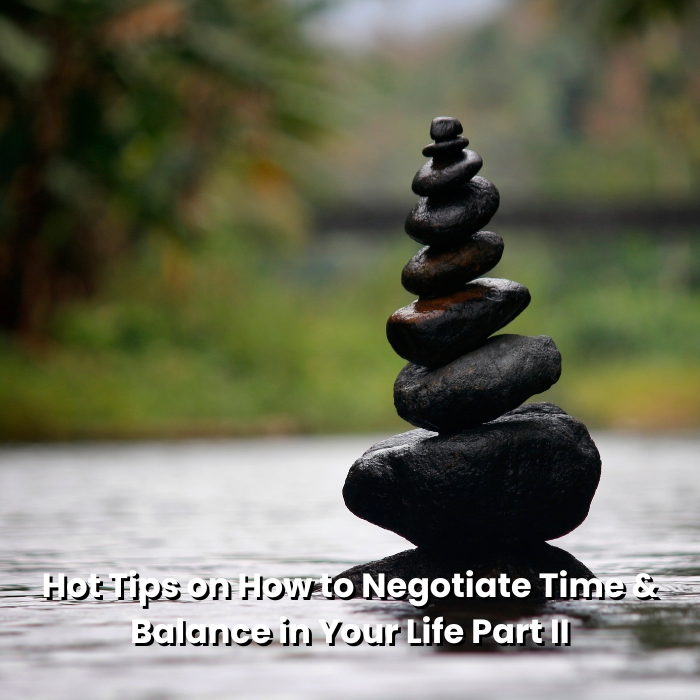
Negotiate Your Personal Confidence Boost Part I
If I asked you to rate your confidence on a scale of 1 – 10, what score would you give yourself? If you’re a woman, chances are you scored yourself lower than your male counterparts. In fact, studies suggest that women, even at the highest levels of achievement, consistently suffer from lack of confidence. Women underestimate their abilities and performance while men tend to overestimate theirs. To state the obvious, this is a problem. Perhaps less obvious is the fact that this problem rears its head and ugly impact on multiple levels. The good news though is that if you lack confidence, it’s not too late. Contrary to popular belief, confidence is not some nebulous thing you’re either born with or not. You can build confidence. In fact, you can start today.
Confidence is key to success in life. Those with confidence typically get more. They get advanced in their careers more quickly, they make more money, they get more recognition. This of course gives them even more confidence which further escalates their upward progression in a self-feeding loop. The opposite is also true. Those lacking in confidence are less likely to get promoted, recognized or rewarded (economically or otherwise). Not surprisingly, this further attacks their confidence which spirals in a self-perpetuating downward loop.
These spirals aren’t surprising when you consider that people with confidence are more likely to take chances in life. The more shots you take, the more likely you are to score. As you try more, you gain more competence. This competence breeds confidence. That confidence gives you the courage to take more chances, which in turns breeds more competence and so on. This is known as the confidence/competence loop.
There are four levels of mastery in life:
- Unconscious incompetence
- Conscious incompetence
- Unconscious competence
- Conscious competence
These levels show up in the natural cycles of life i.e. as we advance from helpless infants at birth to independent adults to potentially helpless elders at death. They also show up within each stage of life as we try new things and grow … or don’t!
What does each level mean? Let’s break it down into bite sizes.
Unconscious Incompetence: You don’t know what you don’t know.
As an infant, you’re unconscious of your incompetence. You strive to achieve your next development markers (crawling, walking, feeding yourself, talking) without conscious thought about your lack of skill in these areas. This continues to be true throughout your life. You’re not aware you can’t spell until you develop some basic understanding of the concept. Later in life, you’re likely unconsciously incompetent in any number of areas, ranging from nuclear physics to complex (or not so complex) computer programming. Heck, until I founded Women On Purpose, I was blithely unconsciously incompetent about funnels, CRM systems and a multitude of other social media promotion necessities in today’s world.
Conscious Incompetence: This stage causes the most angst. (Think teen years)
As you get a little older, you become conscious of your incompetence. You may judge yourself when you spill the milk, or can’t cut your food, or are unable to perform certain physical feats. As teens or adults, it can create insecurity and make us afraid to try new things. Many people quit initiatives when they hit this stage, hating the feeling of incompetence as it triggers fear of failure. Can you think of a time when you quit for this reason? Or maybe you didn’t even try to develop a new competence? It can also trigger fear of success for many. It causes us to ask our self what else will I have to know? Will I be up for the task?
Unconscious Competence: Gaining competence through osmosis
As you grow, you start to develop competence in countless ways, without being conscious of your development in each of these areas. As you experience and do, you learn and develop competency.
Conscious Competence: Confidence starts here.
At some point you start to become aware of your competence in certain areas and to develop it with intention.
Think of this confidence/competence loop an infinity symbol (a sideways number 8). As you gain competence in any given skill or area of your life, you gain confidence. And with that confidence comes the courage to develop even more skill and so your competence increases, spiralling ever upward.
Another way to think of confidence building is as a 4-step process. Call it the 4 C’s of Confidence if you will.
Step 1: Courage
Every time you try something new you walk through a metaphorical door, not knowing what’s on the other side of that door. That takes courage. Raising your hand in class or at a board meeting or parent-council meeting takes courage. We all have courage in us. Tapping into your purpose and deeper ‘why’ can help you find your courage to take action.
Step 2: Commitment
Have you ever really succeeded at something you weren’t committed to? Chances are, the answer to that question is a resounding ‘no’. To succeed usually requires commitment to a course of action. To truly develop competence and confidence you’ll need to commit to stay the course.
Step 3: Capabilities
I said that success requires commitment to stay the course. What course is that? Usually it’s determining what skills you need to get where you want to go. Ask yourself what capabilities you need to develop to achieve your desired outcome or end goal.
Step 4: Confidence
If you align the first three steps with a particular goal or vision in mind that you want to achieve, your competence, and with it your confidence will take off.
I said at the outset of this article that you don’t need to worry if you don’t have confidence yet. It’s not a gene you’re missing. Just because you may not have shown up with confidence you’d like before today doesn’t mean you missed the golden ticket. The confidence window isn’t time-stamped and pre-programmed to slam shut.
What if you decided today to build your confidence? What if you chose to recognize and believe that you have the competence to learn and discover anything you set your mind to? Imagine the power in that simple decision.
Are you ready to make that choice now? If so, stay tuned for next week’s installment as I share concrete tips, tools and exercises that will empower you to negotiate your own personal confidence boost. All of life is a negotiation and the most important one starts with you.
- How to Negotiate Problem-Solving - January 21, 2025
- Negotiate a Boost to Your Immune System - January 20, 2025
- Negotiating Tips from a Former Hostage Negotiator Isaac Betancourt - January 16, 2025






